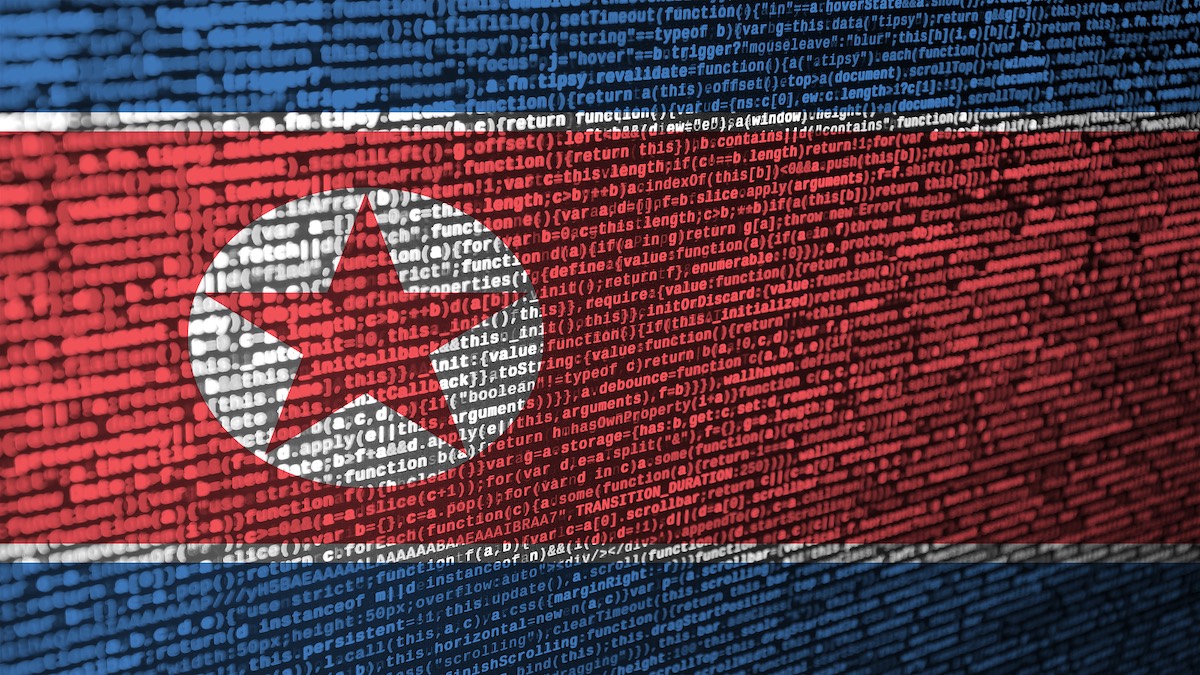The United States and South Korea on Thursday warned of North Korean social engineering attacks targeting the employees of think tanks, academic and research institutions, and news media organizations.
North Korea-linked advanced persistent threat (APT) actors such as APT43 and Kimsuky (also known as Black Banshee, Thallium, and Velvet Chollima) conduct spear-phishing campaigns posing as journalists, academics, and other individuals with links to North Korean policy circles, the US and Korea warn in a joint advisory (PDF).
Kimsuky, US and Korean government agencies say, is subordinated to an element within North Korea’s primary military intelligence organization, the Reconnaissance General Bureau (RGB), and has been actively supporting RGB’s interests for over a decade. APT43 too is known to operate in line with RGB’s interests.
North Korean threat actors, the joint advisory says, use social engineering to perform computer network exploitation globally. The APTs compromise policy analysts to gather intelligence they use to craft credible spear-phishing emails targeting more sensitive, higher-value targets.
By gaining access to documents, research, and communication using social engineering, these North Korean threat actors collect intelligence on geopolitical events, foreign policies, and diplomatic efforts that impact the interests of North Korea (aka Democratic People’s Republic of Korea, or DPRK).
“We assess the primary goals of the DPRK regime’s cyber program include maintaining consistent access to current intelligence about the United States, South Korea, and other countries of interest to impede any political, military, or economic threat to the regime’s security and stability,” the joint advisory reads.
Spear-phishing, which has been Kimsuky’s preferred technique for over a decade, is typically preceded by broad research and preparation, which include gathering information on potential targets, creating fake email addresses like those of real individuals to impersonate them, and registering domains resembling known internet services and media sites.
In some cases, Kimsuky would use multiple personas to engage the same target and would include malicious links or documents in phishing emails. After initial engagement with the target, the APT attempts to compromise their accounts or devices, often using malicious macros embedded in documents.
Authored by the Federal Bureau of Investigation (FBI), the US Department of State, the National Security Agency (NSA), and the Republic of Korea’s National Intelligence Service (NIS), National Police Agency (NPA), and Ministry of Foreign Affairs (MOFA), the advisory provides a list of indicators that potential targets of North Korea’s social engineering need to be aware of.
Related: US Sanctions North Korean University for Training Hackers
Related: North Korean Hackers Target Mac Users With New ‘RustBucket’ Malware
Related: North Korean 3CX Hackers Also Hit Critical Infrastructure Orgs: Symantec















